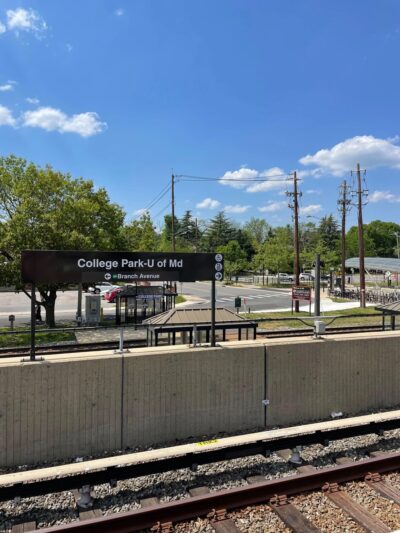Outgoing Attorney General Eric Holder said last week that record-keeping on the use of force by police officers — as well as police fatalities — stands to be improved.
“The troubling reality is that we lack the ability right now to comprehensively track the number of incidents of either uses of force directed at police officers or uses of force by police,” said Holder, speaking at the Justice Department during a ceremony honoring Martin Luther King, according to his prepared remarks.
From CBS Washington:
Read the full storyThe FBI publishes data on “justifiable homicides” by police officers and on the number of police officers killed or assaulted, and legislation passed by Congress about 20 years ago directs the Justice Department to keep statistics on excessive force by police. But those figures are widely understood to be incomplete since the reporting by local police departments is voluntary and not all submit their statistics.
Join the conversation!
Find news, events, jobs and people who share your interests on Technical.ly's open community Slack

DC daily roundup: April's biggest DMV funding stories; VCs head to Hill and Valley Forum; AI lobbying tripled

DC daily roundup: DMV innovation's movers and shakers; DDOT's social media troll; facial recognition tech at DCA and BWI

DC daily roundup: An athletic tech acquisition; a reflection on summer 2020's equity promises; data center taxes

